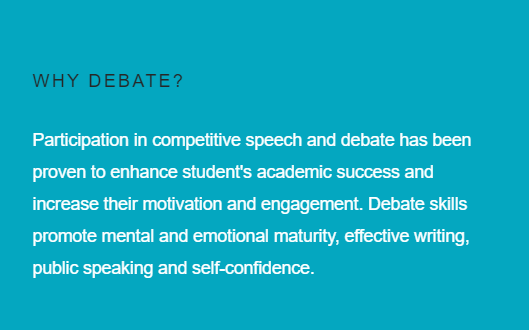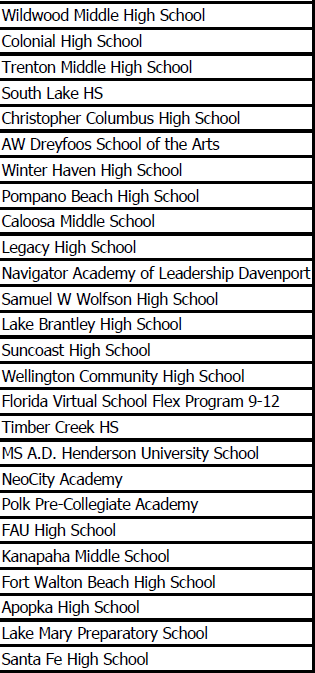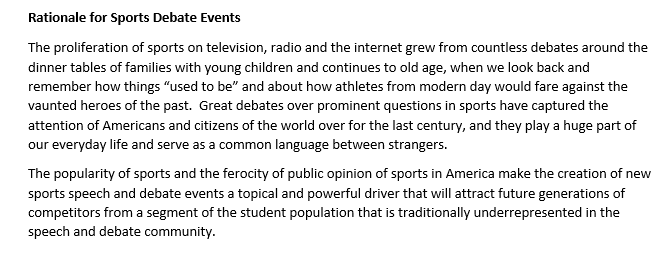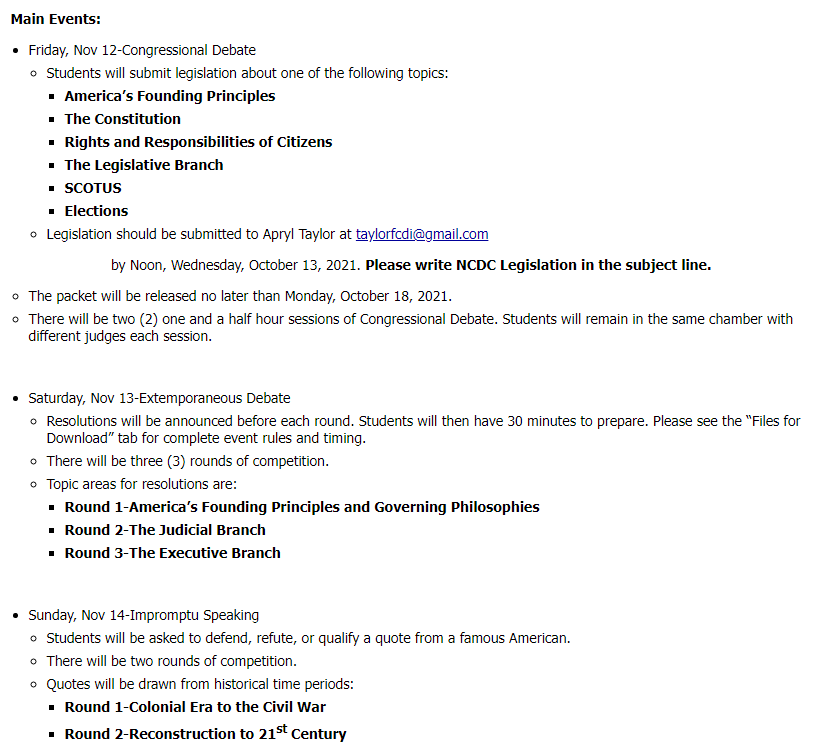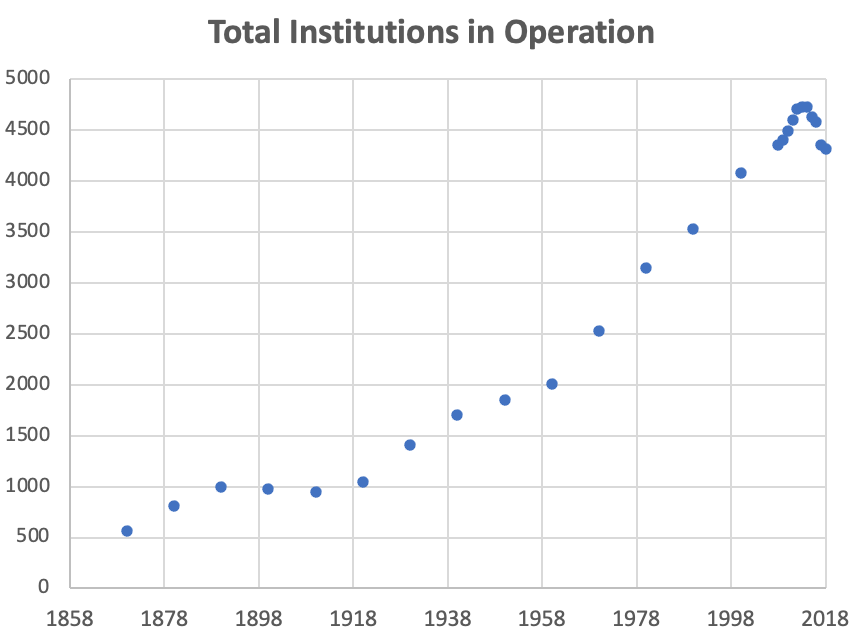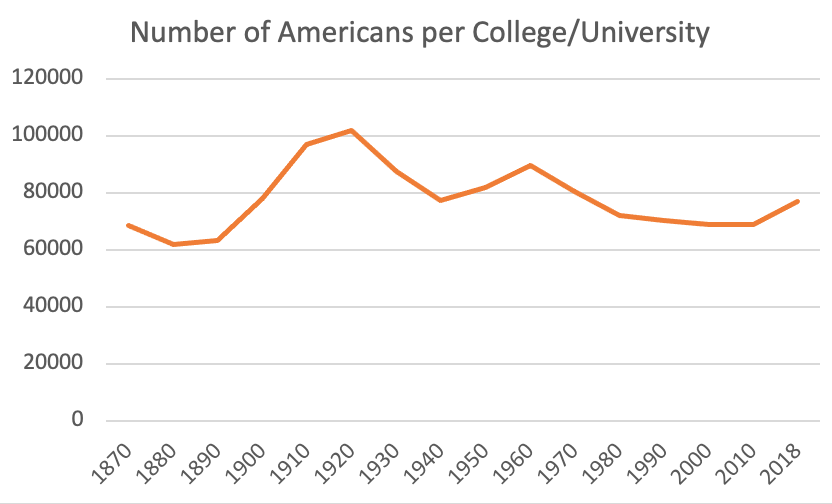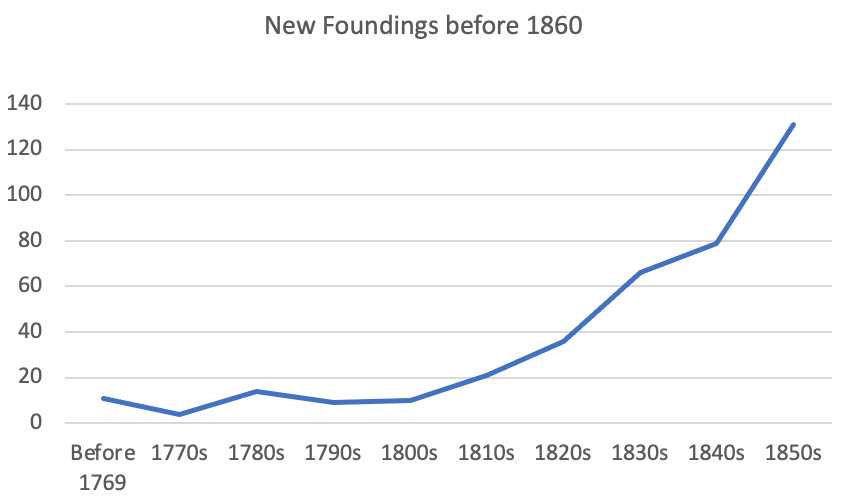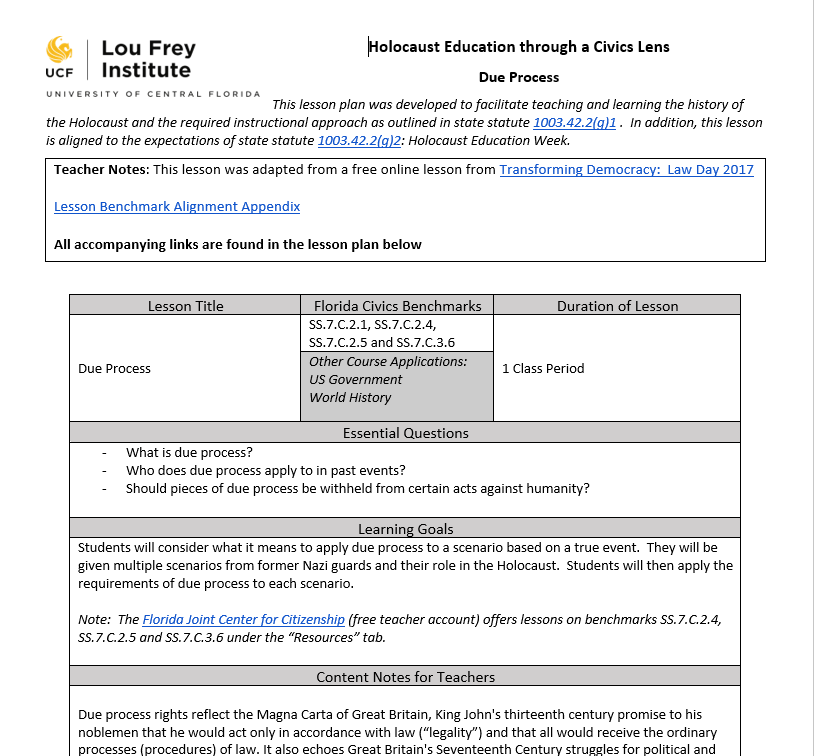We didn't know that quotation at the time, but that was essentially how we worked. It was liberating. It opened open up new fields of action. I frankly wonder how my life might have evolved had I not encountered Silke as my working partner and foil, my co-investigator and reality-check. We somehow co-created each other in significant ways, or at least gave each other courage.
Raised on a farm in the German Democratic Republic (the former East Germany) and educated in the social sciences and Romance languages in Leipzig, Silke’s perspectives were quite a distance from my own upbringing as a middle-class, suburban American in the 1960s. She had lived through the the GDR, the reunification of Germany, and the cruel ascent of neoliberal capitalism in Europe.
However, I had acquired a first-rate political education by working with consumer advocate Ralph Nader, Hollywood producer/activist Norman Lear, and immersing myself in Washington politics and public-interest activism. Culturally, intellectually, and politically, we came from very different worlds, but we shared an elemental passion for the commons and a preternatural sense of its potential. Our differences paradoxically contributed to what I experienced as explosive creativity.
To my absolute shock, our long, strange journey came to a disturbing end last week when I received heartbreaking news from Jacques, Silke’s partner. While attending a conference in Liechtenstein, Silke had left for a day hike in the Alps on the morning of November 10, and never returned. A search team later stated that she had had a fatal accident in “impassible terrain.”
The news has left me reeling. Speechless and numb. How could this dear friend of mine – a brilliant intellect, savvy activist, and lively, generous woman with relentless energy – no longer be a Zoom call away? How could I possibly make sense of the unfolding Commonsverse without her astute judgment and experience? Silke’s abrupt departure has made only too clear what a towering presence she was in the world of contemporary commoning – and indeed, in the quest to envision a credible post-capitalist world.
In tribute to my dear colleague, I wish to offer some reflections on her unique personality and mix of talents. Her friendship, counsel and support over the course of fifteen years profoundly shaped how I’ve grown. Let me extend my heartfelt condolences to Clara, Paul, Jacques, Gina, Nick, Kai and family for their, and our, deep loss.
* * *
The most improbable thing may be that Silke and I lived 4,000 miles apart. She lived in Jena, Germany (and more recently in the village of Neudenau), and I lived (and still live) in Amherst, Massachusetts, a rural college town. For years, neither of us had a normal job or secure institutional support. (Since 2017, I’ve been with the Schumacher Center for a New Economics; Silke remained unaffiliated – “self-employed” – after leaving the Boell Foundation.)
Following our 2008 adventure in Graz, we knew that we had to investigate and advance the commons. Working with Massimo De Angelis and Stefan Meretz, we decided to try to convene our dream team of commons scholars and activists for a three-day retreat. We wanted to learn from Peter Linebaugh, Silvia Federici, George Caffentzis, Michel Bauwens, Wolfgang Sachs, and many others.
But how to make this happen? Once we committed, providence began to smile and nudge things in our direction. We somehow found sustainable forester and German count Hermann Hatzfeldt, who graciously offered to let us use his country residence, Crottorf Castle, built in 1550, to host our motley conclave of international commoners. I loved the conceit: commoners convening in the castle's great hall to deliberate about a different kind of future.
And so began our experiment in improvisational, low-overhead activism and culture-change. We relied on the "invisible means of support" that materializes when, as Joseph Campbell put it, you follow your bliss. At the same time, as independent actors, we were determined to steer clear of untoward ideological and institutional entanglements.
Along the way, Michael Bauwens – the founder of the Peer to Peer Foundation and a Belgian activist based in Chiang Mai, Thailand – joined Silke and me in forming the Commons Strategies Group (CSG). (Michel left CSG in 2018.) CSG was more of a name and brave aspirational statement than a real organization because, in truth, we were just a loose association of three individuals. We had no secure funding or legal standing.
But each of us, coming from different perspectives, keenly appreciated the potential of the commons paradigm and discourse. We began to co-educate each other, trading insights and intuitions and writings. We tracked the progress of various commons projects around the world. We would meet up in Paris, Berlin, Amsterdam, or wherever our speaking schedules overlapped so that we could steal time to exchange news and make sense of unfolding developments.
I sketch our unusual collaboration because it highlights Silke’s signal strength: her probing, synthesizing mind, her talent in making friends, her zeal for practical action. She got countless invitations to speak and advise, and spent many months on the road at conferences, workshops, and public talks. Through a vast personal network of commoner-friends and acquaintances, Silke learned firsthand about breaking developments in the Commonsverse before most anyone else, enriching her, and our, big-picture understanding of this seemingly marginal, offbeat world.
She was usually familiar with the hotspots of possibility out there – among Francophone commoners in Paris, Montreal, and Africa; among Syriza-affiliated commoners in Greece; and among activists in Latin American countries. She knew key commoners in Europe and spent time with activists and academics in Africa, Southeast Asia, and the World Social Forum.
A lot of our later outreach was made possible through two seminal international conferences on the commons that we organized, in 2010 and 2013, both in cooperation with the Heinrich Boell Foundation in Berlin and especially with the support of Heike Loeschmann, Head of the International Politics Department, and President Barbara Unmüßig.
These two conferences brought together several hundred self-identified and would-be commoners around the world, unleashing enormous energies. People were empowered to have their intuitions about the commons validated. New relationships proliferated. The commons as a discourse began to grow and circulate.
In the meantime, separately, CSG hosted more than a dozen small “Deep Dives” gatherings between 2012 and 2021. These events were designed to probe timely, vexing strategic questions for which we had no ready answers. We invited key experts who could address, for example, how commoning might work constructively with state power (2016); how digital platforms might be used to spur cooperativism (2014); how various social movements might coordinate and converge (2014); and how ontological beliefs act as a hidden driver of contemporary politics (2019).
With anthropologist David Graeber, we convened a 2016 Deep Dive to explore what alternative theories of value might challenge standard economic theory, which equates price with value. Just a few months ago, in September 2021, we convened a virtual gathering of European commoner-politicians and political players to explore how mainstream policy can support commoning.
By far, Silke’s and my most challenging collaborations were our three books – the anthologies The Wealth of the Commons (2012) and Patterns of Commoning (2015), and our ambitious reconceptualization of the commons as a social system, Free, Fair and Alive: The Insurgent Power of the Commons (2019). The Boell Foundation and Heike Loeschmann provided critical support for all three books.
The two anthologies were intended to showcase the rich diversity of contemporary commons. We wanted to show that commons are not a relic of medieval life or a backward form that strangely persists in the Global South; commons are an utterly contemporary, robust set of alternatives to the market/state system. Here again, Silke’s keen judgment, excellent education, and global web of personal friendships helped us pull the threads together.
By 2016, Silke and I realized that we had witnessed far more commoning than we could fully explain to ourselves or the public. So, with some trepidation, we set about trying to write a third book as co-authors, building on the insights of the two co-edited anthologies. We wanted to develop a grand theoretical synthesis to more accurately describe the empirical diversity of commons we had witnessed. We wanted to show that commons are not simply unowned resources, as standard economics regards them, but a dynamic, generative social form. (No 'tragedy of the commons' at all!)
Drawing inspiration from Christopher Alexander and his pattern language methodology, we sought to explain commons as a timeless social form that cannot be understood through the ontology of modern market individualism and economics. They can only be apprehended through an “OntoShift” that sees the dense relationality of commoning and dispenses with misleading binaries like individual/collective, rational/irrational, and selfish/altruistic.
This was a major breakthrough in our thinking about commons. Here again, Silke was a relentless force pushing us into unknown territory. The book that resulted, Free, Fair and Alive, was a crazy, exhilarating, and exhausting three-year sprint. 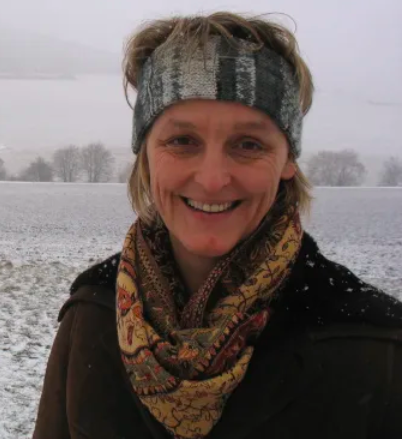
We once spent a week huddled in a friend’s house in the Berlin suburbs, talking, debating, and writing for fifteen hours each day. What are the recurrent “patterns of commoning”? What should they be called? How does this square with what we’ve seen and what Elinor Ostrom wrote? Our deliberations would yield what we eventually called the “Triad of Commoning” framework.
On another occasion, I squeezed in a few extra days following a conference in Arnhem, Netherlands, so that we could think through our fledgling idea of “relationalized property,” which we see as a hallmark of many commons. We came to realize that the realities of commoning could not be expressed through the epistemology of property rights or by the premises of market “rationality” and individualism. We needed to develop a new vocabulary that could express a different logic and ethos than economistic terms allow.
Silke’s sheer grit and determination – and faith in creative improvisation – helped us power through many obstacles, intellectually and practically. When we couldn’t raise enough money to hold a deep dive at a retreat center, she decided to host the gathering at her home. We slept in spare rooms, cooked together, and washed the dishes together.
Once, to allow Michel, me and her to reconnect as Commons Strategies Group after a long time without seeing each other, she prevailed on her friends at Oya magazine to host us in their remote German village on the North Sea. On another occasion, she cajoled a friend in Florence, Italy, to help us find a place in the Tuscan countryside where we could meet and catch up after our criss-crossing travels. As always, this led to serendipitous encounters with commoners – in this case, the Nidiaci Garden in central Florence.
And so our adventures kept unfurling. Unexpected developments and new friends somehow always materialized to push our work along.
Silke and I also spent time at each other’s homes to craft our books. At one such visit to her place, a film crew filmed us deep in discussion, which was later turned into a short promotional video for our book. It gives a nice sense of how Silke and I “thought together.”
Or check out this short video from 2010, produced by Remix the Commons, filmed right after the Berlin commons conference, in which Silke explains her feelings at that moment:
“You get the idea that the commons are touching the hearts of people. Once that happens, it will develop like a virus. Suddenly people discover that they have a lot in common. Once someone in the water movement can sit down and talk with somebody from the free hardware movement – and realize that the commons is about something really intimate that we all share – the idea is planted like a seed and people’s ability to build relationships is only a matter of time. You start to talk about how to take our life into our own hands.”
While we often collaborated, we each steered by our own stars and pursued our own projects. I would report from my circuits of travel and reading, struggling to keep track of her crazy travel schedule and offbeat meetings. I would receive emails from her saying that she had just met with socially minded bankers in Switzerland, or was conferring with a graduate school interested in developing a commons curriculum, or had just met the most interesting Ph.D student, or was working with a team of commoner-translators (Spanish, French, Greek, Portuguese) to translate Free, Fair and Alive.
That’s another thing -- her fluency in multiple languages gave her a passport to communicate with a very broad, eclectic group of commoners worldwide.
With so much passion, talent, idealism, and energy, it is no wonder that Silke was chronically over-committed and often exhausted. She was so generous with her time and so eager to help a promising project. She would fret about her jam-packed schedule, but she never really took steps to deal with it. She couldn’t help herself. She often worked late into the night, calling me when it was midnight her time in Germany (and 6 pm on the east coast of the US).
I realize that hiking the Alps is a different proposition than exploring modern commons, but let it be said that Silke was rarely fazed by the problem of navigating “impassible terrain.” She always plowed ahead. She would route around a problem, or jump over it, or burrow under it, or work to transform it. The depth of her commitment was amazing. Her audacious, lively mind was utterly thrilling. Her open-hearted friendship was a gift. I can hardly believe she is gone, and I will miss her terribly.




